|
|
|
|
Earlier this year, I airily told a friend I’m not afraid of ageing, because (I claimed) I’m not especially attached to how I look. But almost immediately, I began to be surprised and dismayed by the face I see in the mirror. I may not expect beauty, but as a nearly-50-year-old, it’s already hard to let go of the image of myself I didn’t even realise I carry.
Carol Lefevre puts a name to that bewildering feeling – homesickness for the self – in her exquisite essay on the hidden grief of ageing. Women, she says, often begin to experience it around 50, when their bodies “send the implacable signal that things have changed”. And as she approached her own 70th birthday, she realised she was about to cross a border: soon she would “be old, no question”.
Lefevre describes the nostalgia of recognising our distance from an irrecoverable youth as coming with “a jolt of emotion that felt like a bereavement”. But as with homesickness, she says, how badly we suffer depends on how we manage our relationship with the past – and our own internalised ageism.
She draws on personal reflection, her interviews with people aged 70 and older, and research and literature that speak perfectly to the grief, nostalgia and cognitive dissonance of ageing. “How can I be old?” asks nine-year-old Harriet, in a Penelope Lively story, when her mother says she’ll be her grandmother’s age one day. “I’m me.”
Lefevre says every one of her interviewees “"admits to feeling a vivid sense of the past, and the continuing presence of a younger self”. Jo, aged 84, points to a photograph of himself as a joyful, exuberant three-year-old as representing his essence.
Part of the grief of late-stage ageing, Carol reflects, is the “last man standing” loneliness of having lost everyone who knew you when you were young. But, she reminds us, it’s a privilege to become very old, too: “our bodies are capable of more severe betrayals than mere flabby armpits”.
Australia’s National Ageing Institute is addressing ageism with a language guide that asks us to avoid terms like “old person”. But, Lefevre argues, wouldn’t it be better to destigmatise the word “old” rather than avoid it?
“Old people need to start claiming their years with pride,” she concludes. While we can’t return to our younger selves, old age can be a kind of homecoming.
|

|
Jo Case
Deputy Books + Ideas Editor
|
|
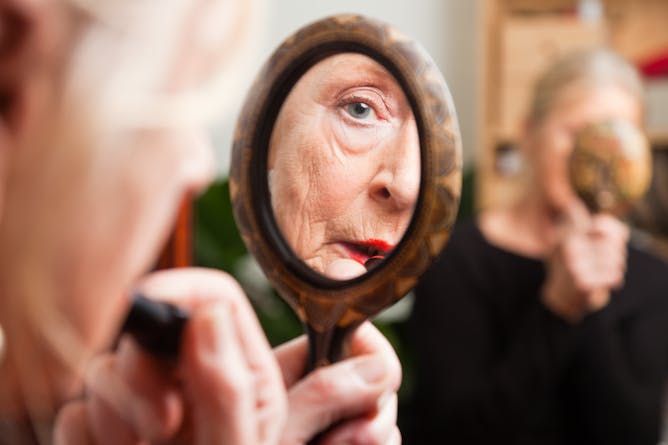
Carol Lefevre, University of Adelaide
As we age, it can be hard to fathom the gap between our younger selves and the bodies we inhabit. Carol Lefevre explores this strange form of homesickness.
|
Weekend long reads
|

Naomi Klein (left), Naomi Wolf (right). Background protest Mick Tsikas/AP.
Andre Dalmau/EPA, fleshmanpix/Flickr
Nick Haslam, The University of Melbourne
Naomi Klein uses her frequent confusion with ‘doppelganger’ Naomi Wolf to spark an exploration of doubles, mirror-worlds, and the gulf between left and right.
|
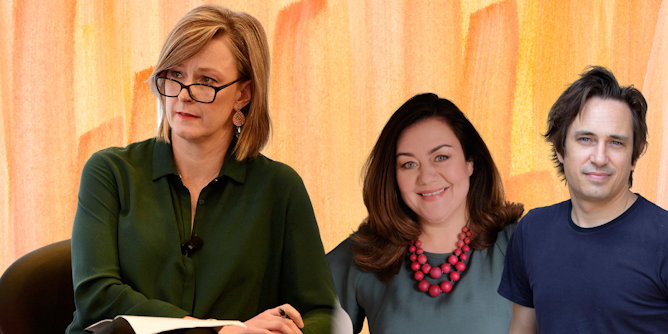
Leigh Sales (Bianca De Marchi/AAP), Samantha Maiden and Trent Dalton.
Kathryn Shine, Curtin University
Leigh Sales’ new book shares the insights of more than 30 prominent and experienced Australian journalists, including Laurie Oakes, Samantha Maiden and Trent Dalton, about their craft.
|
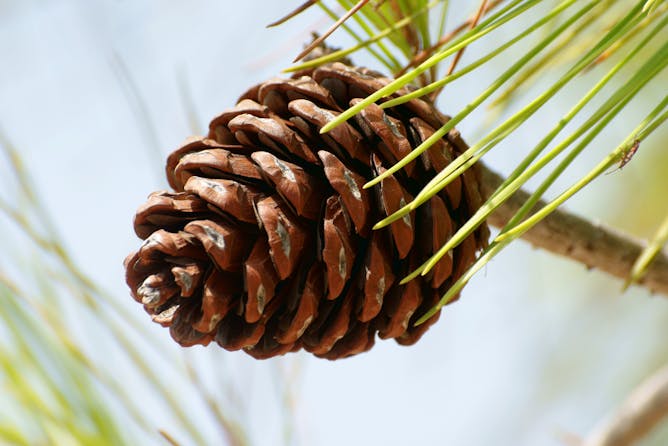
Polites traces Honour’s journey from her village scented with pine trees to suburban Australia.
gkordus/Shutterstock
Anthony Macris, University of Technology Sydney
God Forgets About the Poor is one part family saga, one part autofiction, one part Proustian journey through memory.
|

Annie Spratt/unsplash
Liz Evans, University of Tasmania
The hunt for sleep has become a global industry, with apps, drugs, self-help remedies. In a new book, author Marie Darrieussecq contemplates the curse of insomnia.
|

Gin/Pexels
Amber Gwynne, The University of Queensland
Readers with depression initially wanted the ‘instant gratification of being fixed’ from self-help books. That didn’t happen, but they did benefit from the right books at the right times.
|
Our most-read article this week
|

Rachael Jefferson-Buchanan, Charles Sturt University
The BMI does not distinguish between excess body fat, bone mass or musculature. It also does not interpret the distribution of fat, which is a predictor of health.
|
In case you missed this week's big stories
|
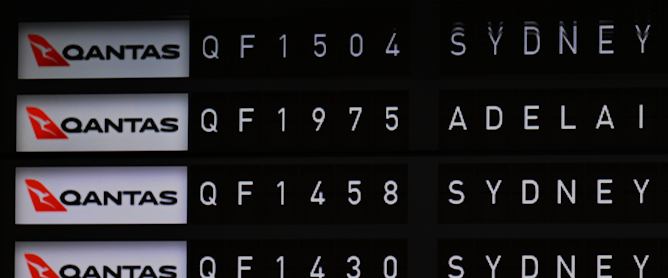
Peter Martin, Crawford School of Public Policy, Australian National University
Price discrimination is charging customers who don’t mind paying more than those who do – and businesses do it all the time. But Qantas seems to have taken it to a new level.
|

Michelle Grattan, University of Canberra
Marcia Langton is a woman who says what she thinks, and then some.
Like Langton, Price gives no quarter.
|
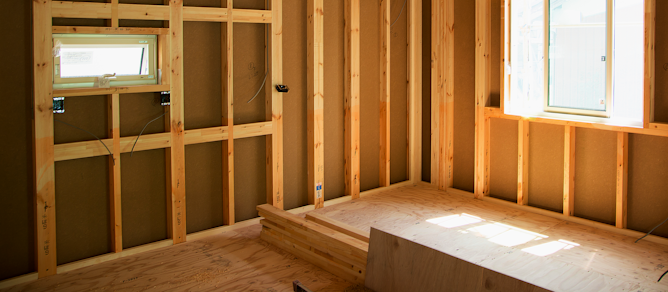
Brendan Coates, Grattan Institute
In agreeing to pass the Housing Australia Future Fund bill the Greens have got a lot of what they wanted. Their idea of funding building and Labor’s idea of subsidising rent aren’t that far apart.
|
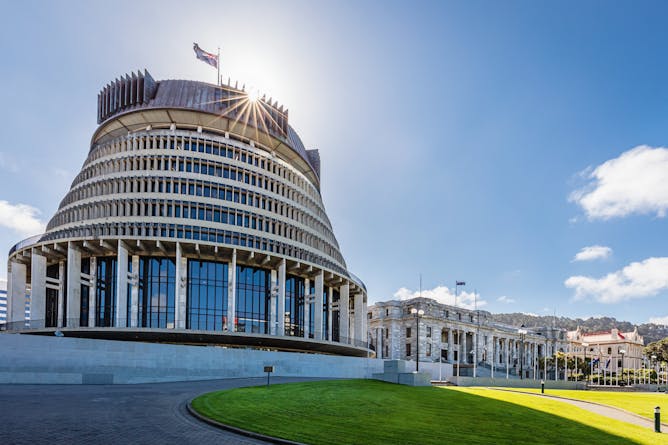
Adrian Beaumont, The University of Melbourne
New Zealand’s proportional electoral system makes coalition governments all but inevitable. Ahead of the October 14 election, the jockeying for power is all on the right.
|
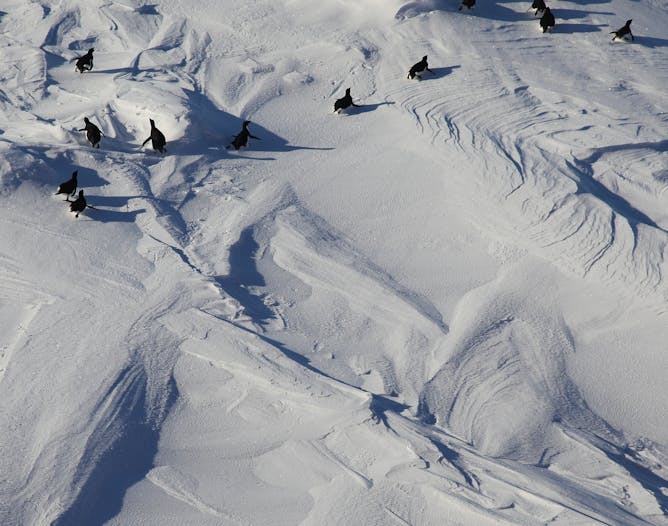
Edward Doddridge, University of Tasmania; Ariaan Purich, Monash University
Sea ice around Antarctica has always followed a predictable seasonal cycle. Now, we’ve experienced a sudden dramatic loss, and the changes are here to stay.
|
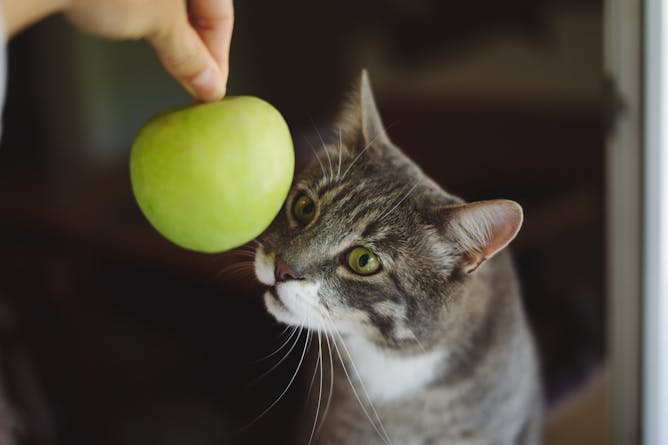
Alexandra Whittaker, University of Adelaide
A new study has reportedly found benefits to feeding cats a vegan diet. We got an expert to look at whether the evidence stacks up.
|
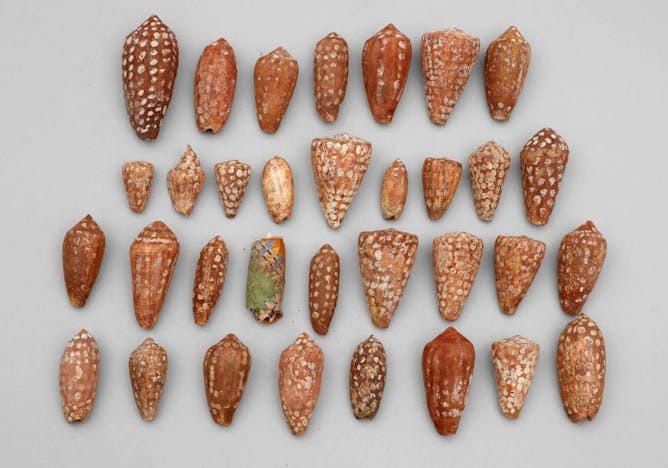
Mike Jones, University of Tasmania
A focus on relationships is relatively new. But if museums are to remain relevant, trusted institutions they need to move beyond traditional models of authority.
|
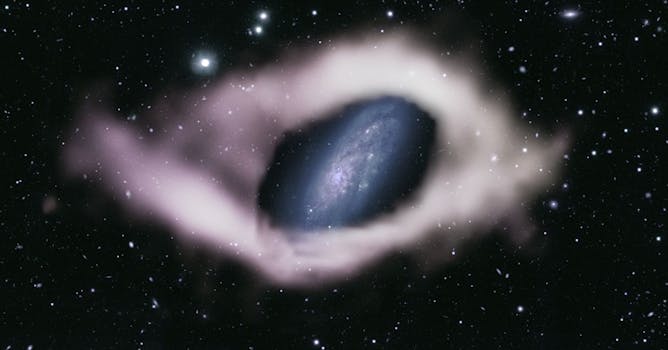
Baerbel Koribalski, CSIRO
New ASKAP images reveal a giant hydrogen ring around the spiral galaxy NGC 4632.
|
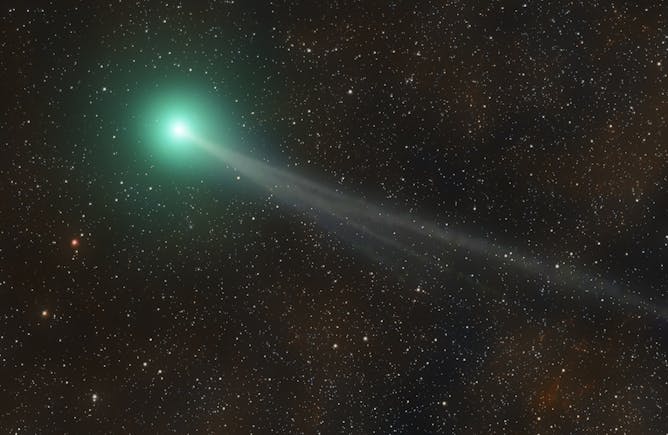
Jonti Horner, University of Southern Queensland
There’s a chance Nishimura might brighten unexpectedly – but it’s a slim one.
|
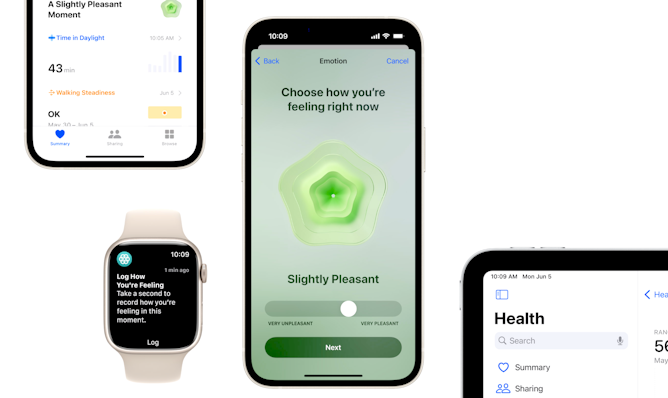
Peter Koval, The University of Melbourne; Benjamin Tag, Monash University; Greg Wadley, The University of Melbourne; Xanthe Lowe-Brown, The University of Melbourne
The iPhone already has an accelerometer, gyroscope, light meter, microphone, camera and GPS. Why does Apple now want you to tell it how you’re feeling?
|
| |
|
|
|
NIDA
Kensington NSW, Australia
•
Full Time
|

|
|
Auckland University of Technology
Auckland, New Zealand
•
Full Time
|

|
|
Auckland University of Technology
Auckland, New Zealand
•
Full Time
|

|
|
|
|
| |
| |

|
| |
| |
| |
Featured Events, Courses & Podcasts
|
View all
|
|
1 January 2023 - 7 October 2026
•
|

|
6 July - 6 October 2023
•
|

|
15 - 17 September 2023
•
Sydney
|

|
18 September - 14 November 2023
•
New Zealand
|

|
|
|
|
| |
| |
| |
| |
| |
|
|
|
|
|
|
|